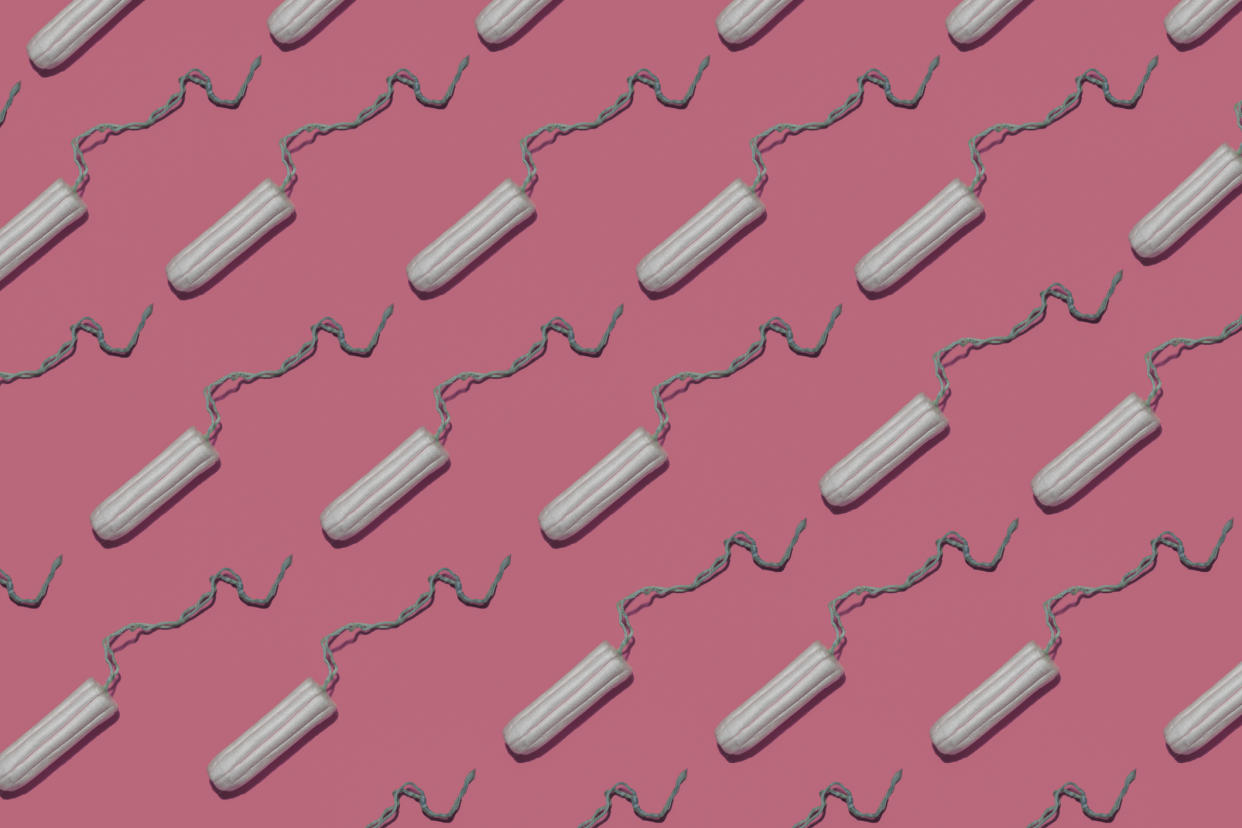Period poverty 'getting worse' because of lockdown, charity finds

With most school-aged girls currently being homeschooled because of the coronavirus pandemic, the UK government’s introduction of free sanitary products in primary and secondary schools is going widely unutilised.
The government announced free sanitary products earlier this year in a move that was praised across the board.
With schools currently closed and a shortage of period products due to COVID-19, the number of people affected by period poverty has increased.
A survey by charity, Plan International, uncovered that three in 10 girls in the UK were struggling to afford or access period products while in lockdown.
Read more: Sainsbury’s launches new range of period underwear
In order to manage their periods without their usual access, 54% of those affected have been using toilet paper as an alternative over the past two months.
WaterAid found - in a separate study - that over half of all women with periods in the UK found it more challenging to manage their monthly cycles during the lockdown.
15% (25% in London) of people chose to stockpile sanitary products as lockdown approached in order to ensure they had a continued supply, the study found.
From inability to travel due to self-isolation to no access due to homeschooling, women have faced numerous challenges in relation to their periods over the past two months.
“This lack of access to safe sanitary products during COVID-19 poses a real threat to the health and safety of people that menstruate.
“It’s true that products have become more expensive during the pandemic. In some cases, the prices have been opportunistically inflated to meet demand.
“Not only have prices increased, but with the pandemic significantly affecting livelihoods and household incomes, people have less money to buy sanitary products than before the COVID-19 pandemic began, even when products are available,” Dr Rosamund Ebdon, Plan International’s Head of Policy, explained.
Read more: Women spend £5,000 on period products in their lifetimes
Plan International’s survey found that 73% of women around the UK were facing restricted access to period products because of the COVID-19 restrictions.
Despite this, Dr Ebdon believes that by building key information about mensuration into the homeschooling curriculum, they can cut down the amount of people affected.
“Menstrual health and hygiene management must be built into COVID-19 health responses and whilst lockdowns continue, it should be built into remote learning curriculums,” Dr Ebdon explained.
“We know that people with disabilities and people from marginalised communities, like refugees for example, are more profoundly impacted by these issues, so their menstrual health and hygiene must be prioritised in responses to the pandemic.”
In the government, steps are being taken in the right direction. In March, Chancellor Rishi Sunak announced plans to put an end to tampon tax and abolish VAT on women’s sanitary products from 2021.
However, with the global pandemic punctuating everyday life for the foreseeable future, an interim plan needs to be put in place to help women and girls suffering in the here and now.


